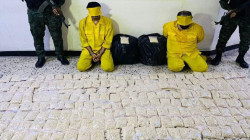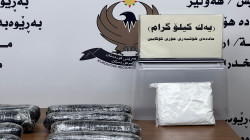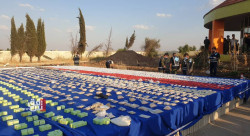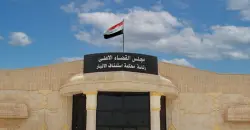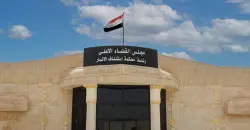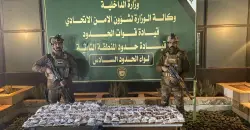Addiction rates soar to 20% in Al-Anbar, spark urgency in war on drugs
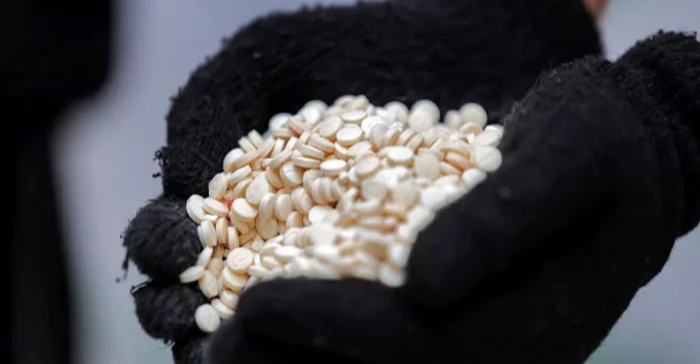
Shafaq News/ Al-Anbar province is grappling with a major challenge as addiction rates estimated at 20%, while the Drug Control Directorate confirmed the presence of a dedicated rehabilitation center for addicts.
The Head of the Anti-Drug Directorate in Al-Anbar, Akram Al-Rashed, told Shafaq News that "captagon is the most widely circulated drug in the province, followed by crystal meth, while substances like hashish, prescription drugs, and heroin are less prevalent."
He also noted that drug use and substance abuse are more common among men compared to women, confirming that there are no drug farms in the province, either in the western regions or elsewhere.
He added that "Al-Anbar has a specialized rehabilitation center with a capacity of 450 beds, which aims to treat addiction cases and separate users from dealers and traffickers, helping to strengthen efforts to combat this issue."
In collaboration with civil society organizations, Al-Rashed explained that the directorate is "very open to coordinating with various entities, including media, security, and health organizations, as well as community groups, to raise awareness about the dangers of drugs and work towards curbing their spread."
He affirmed that "the directorate is using all available resources to tackle this dangerous social issue and hopes to achieve more progress in fighting drug abuse soon."
In recent years, official data from Iraq has shown a noticeable increase in both the trade and use of drugs. Iraqi security forces managed to seize large quantities of narcotics last year, valued at approximately $144 million.
According to the latest statistics from the Ministry of Interior, nearly 10,000 people were arrested in 2024 on drug-related charges, and more than 5,000 of them were prosecuted.
Civil activist Yusuf al-Nada stated to Shafaq News that "the main reasons behind this crisis are the lack of community awareness, ineffective preventive programs, and the high rates of unemployment and poverty among the youth."
Moreover, a 2024 UNODC report revealed that Iraq recorded a 3,380% increase in captagon seizures between 2019 and 2023, with over 4.1 tons seized in 2023 alone. Methamphetamine seizures also rose sixfold during the same period, indicating a growing market.
Iraq’s location places it at the intersection of major trafficking routes, including the Balkan route, which channels Afghan opiates through Iran, Turkiye, and Southeastern Europe to Western Europe, and the Southern route, which moves opiates through Pakistan, Iran, the Gulf, and Africa.
Within Iraq, three key internal trafficking corridors span the north, center, and south of the country, linking borders with Iran, Türkiye, Syria, and Saudi Arabia.
The report also pointed out that Iraq has taken steps to combat the crisis, including launching its first National Strategy on Narcotics and Psychotropic Substances (2023–2025), opening drug rehabilitation clinics, and organizing regional collaboration events.
